5. Before Midnight
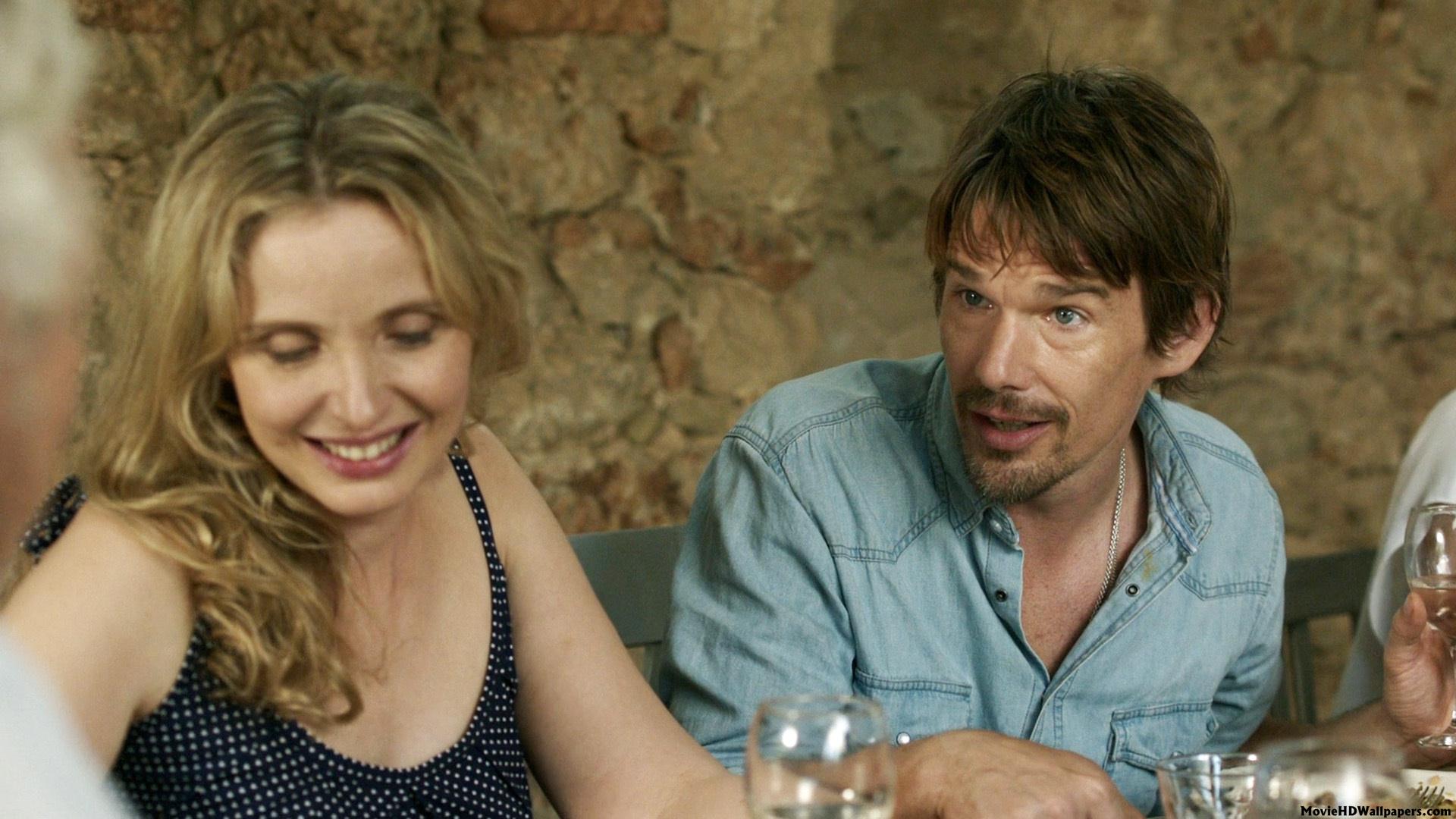
The third installment in Richard Linklater’s Before series will hopefully not be the last. After the thrilling novelty of Sunrise and second chance suspense of Sunset, Midnight became the most subdued piece of the romantic film series and the one most charged by dark, unpleasant truths.
The bravura, lifelike performances from Ethan Hawke and Julie Delpy, as well as the quality of naturalistic, intellectual writing the remarkable pair helped pen, are up to the near-perfect standards of the earlier films. Midnight is possibly the weakest of the bunch and yet a singularly great piece of filmmaking in its own right. Opposed to the starry-eyed realism beforehand, Before Midnight is a revealing look at true love put to the test of time.
As much as fans will be craving another film in 2022, I wonder if all the thematic content left to explore with these characters has been all but spent with Before Midnight’s comprehensive take on the comforts and ills of long term relationships. The final act of Before Midnight gives Jean-Luc Godard’s Contempt a run for its money at the most brutally believable argument sequence – as petty quarrelling warps to full-blown feuding, the dialogue and performances is exacting and penetrating; for the first time a Before film has a structural climax, which gives Midnight its air of finality.
With a new decade of filmmaking gold already like Bernie, Everybody Wants Some!!, and of course Boyhood, Linklater has been proving he’s as vital to American cinema as he’s ever been, and Before Midnight shows he’s also self-aware of his place in the span of his career and his life.
4. Inside Llewyn Davis
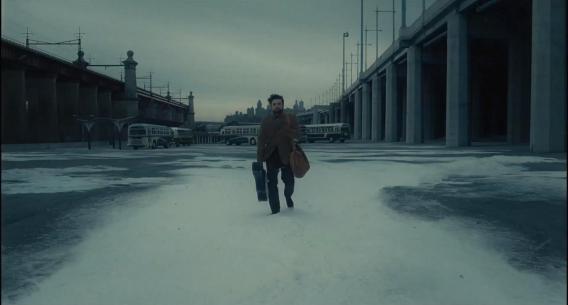
Though the critics will always have their back, the Coens two are probably done trying to please the Academy Awards, if they ever were. With the brief reinstatement of the 10 nominees rule they earned some renewed attention for A Serious Man and True Grit following their win for No Country For Old Men. But their most recent films Inside Llewyn Davis and Hail, Caesar! came and went so quietly you could almost call them underrated. The latter satire was a satisfying romp, but the precise balance of comedy and drama in Inside Llewyn Davis puts it up there with the truest and most essential films of the Coen Brothers, and furthermore should have been celebrated in its own time.
Bruno Delbonnel’s cozy, soft-focus-frigid cinematography, the film’s robust soundtrack and a stellar supporting cast (including Carey Mulligan, John Goodman, Justin Timberlake, Adam Driver, the list goes on) all make an odyssey-like tale of cyclical failure a pleasure to navigate even if the destination is a familiar pain and longing. The appearance of a young Bob Dylan in the final scene is supposed to put Davis’ career in perspective: he’s just another guy with a guitar trying to make it big – his talents are only worth so much.
Oscar Isaac is phenomenal as our main man, a mooching depressive grouch who’s still somehow completely relatable. Davis keeps a network of friend’s couches in order to have a place to sleep, and life is constantly one step ahead of him. For all his narcissism and flaws of personal character, we are on his side through the inappropriate swearing and sardonic remarks because his struggle feels very honest circumstantial even if his arc is tragic and inconsequential.
Not many films nowadays will look you straight in the face and tell you what you don’t want to hear: it really might not work out for you. But this brand of misery feels strangely comforting in Inside Llewyn Davis, and the film’s greatest attribute is that it identifies the beauty in the attempt at following your dreams even if the attempt is all there is.
3. The Great Beauty
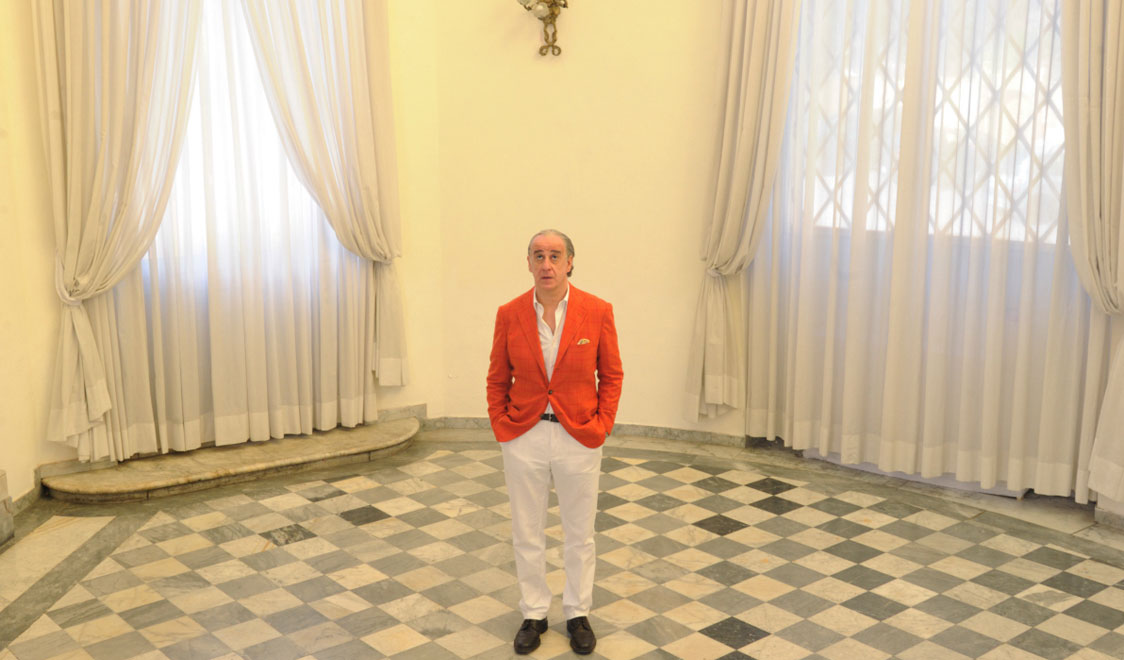
Young Italian filmmaker Paolo Sorrentino communicated the weight of many long years in his Best Foreign Language winner La grande belleza. Echoing the epic romanticism of Fellini before him, Sorrentino’s grandiose drama within the circles of the cosmopolitan Italian elite was not popular in its own country, only to dominantly transfix viewers stateside.
Anchored by the magnetically suave Toni Servillo as our towering protagonist Jep Gambardello, The Great Beauty offers as much thematic gravitas for those in the twilight of their lives as for those at the dawn. The sentiment of looking back on one’s life and the futility of past accomplishments resonates no matter how close to 65 you are.
Breathlessly edited and rapturously shot, everything so ornate about The Great Beauty’s production and locale is backed up by lovely touches of humor, an oddly memorable sea of characters and an ambiance of aching nostalgia. Consummately conceived from a technical perspective, the film is a staggering vision with affectionate details to appreciate in every moment.
The Great Beauty is every bit as sublime and decadent in its practice as the haven in Italy it depicts. Sporting cutting social critiques, seasoned philosophical wisdom and surreal instances of introspection, nothing in the story or dialogue falters. As but a fragment of the spectacular world cinema from this prosperous year, Sorrentino’s film is just one of those great beauties we are all desperately looking for.
2. Frances Ha
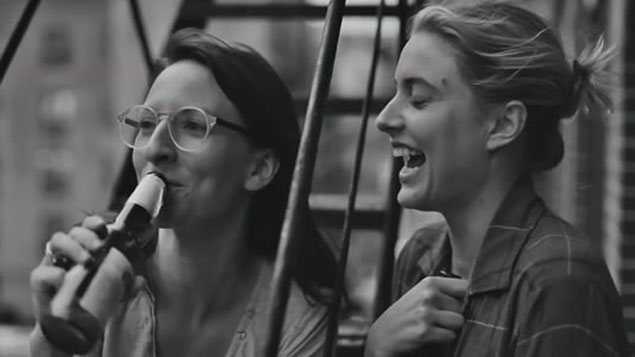
Noah Baumbach had been fine-tuning his skill at scathing independent comedies for nearly two decades before he reached the zenith of his potential. When he fully embraced his muse Greta Gerwig, the finest work of his career took shape. And weirdly enough her first solo efforts in Lady Bird have already been awarded more than any of Baumbach’s films.
Gerwig’s biggest breakout role was likely her first with Baumbach, a lead role alongside Ben Stiller in Greenberg. Despite Baumbach’s modest success and mastery of his own craft before their connection, his most accomplished films – Frances Ha and Mistress America – are only his most hilarious and profound because of Gerwig’s simultaneous input in writing and performance.
Capturing the late bloomer’s coming-of-age story or quarter-life crisis if you will, Frances Ha could basically serve as the calling card for the entire mumblecore genre. The upper class New Yorker characters, the winding, plotless narrative, the verbal acrobats and obscure references (not to mention the supple monochromatic cinematography) all point to fedora-tipping hipsterisms. But as insufferable as these elements may appear on paper, the actual impression of Frances Ha is shrewdly charming and delicately reassuring – the film basks in cynicism and social critiques typical of Baumbach while he also paints the most loving portrait of his beloved that he can muster.
The pointed insight, dry humor and engaging cast coalesce into something good enough to be the template for the strong indie film as we know it today. Frances Ha is at once masterful and unassuming.
1. 12 Years a Slave
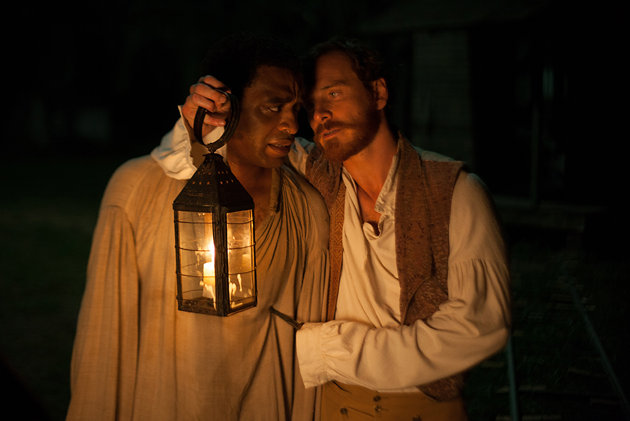
What greater justice can there be for movies than when one of the best films of the year, if not the best, ends up shrouded in the immortality of Oscar gold? Lord knows how swiftly 12 Years a Slave could have dominated the Academy Awards given how severely Hollywood politics have shifted in just the past five years, but the fact that it succeeds with flying colors, first as a film and then as a history recreated, is enough to call it one of the few films of the 2010s to unreservedly cherish.
Steve McQueen’s third feature was not your average piece of Oscar bait back in the 2014 awards season. The adaptation of Solomon Northup’s incredible story developed into a most heart-rending and suitably epic template for McQueen to span all sides of the ignorant brutalities of slavery in 19th century America.
And with such a topic, most viewers, especially white folks, would have accepted simple pandering freely and blindly. But McQueen doesn’t exploit the rotted underbelly of our history for cheap emotional ploys or middle school moralizing.
Some criticized 12 Years a Slave for depicting only as much as average white audiences could tolerate; the endless suffering of one born into slavery would never appeal to the masses. Beyond the horrors of slavery itself, the particulars of a free man removed from domestic bliss and forced to endure hardships he thought he had circumvented makes Northup’s tale more personal, saddening and universal.
McQueen is as meticulous and painstaking as possible in his cinematic rendering of the era. Not a single line of dialogue, aspect of production design or member of its cast of well-known actors comes off as anything other than authentic and timeless – yes, even Brad Pitt.
Regardless of the extraordinary power of feeling that 12 Years a Slave yields, the film is simply one of the most important and uncompromising historical films of all time. It is a fresh classic, an essential viewing for even the most squeamish viewer and the crowning jewel of 2013 cinema.